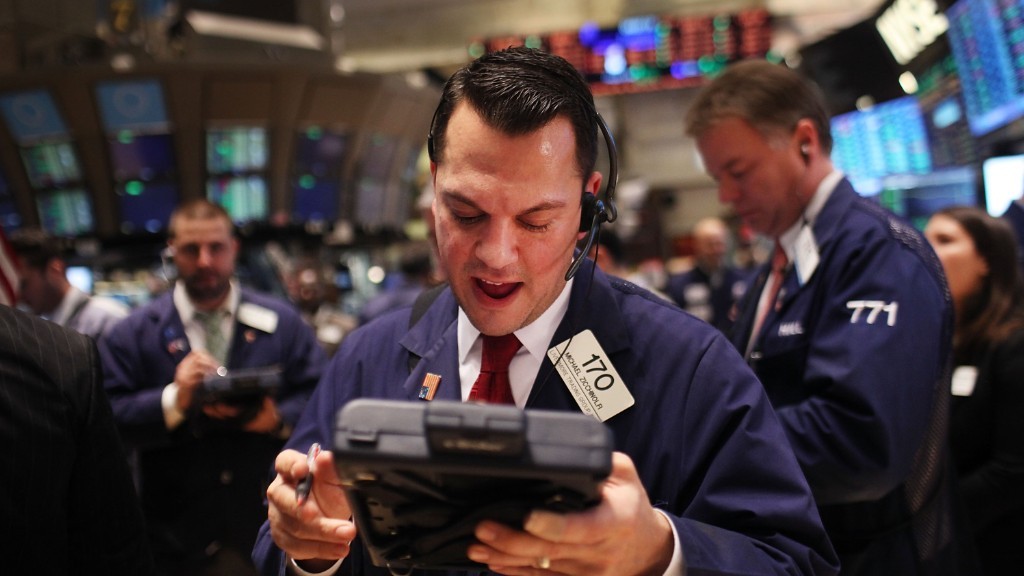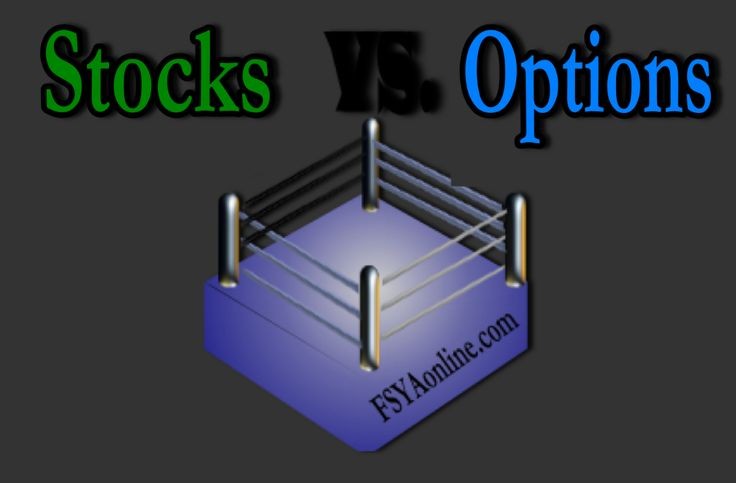Mutual Funds v Battle Royale
Post on: 4 Июль, 2015 No Comment

Many investors are wondering, “Should I purchase a mutual fund or an exchange traded fund?” That is a valid question because there are some pros and cons for both sides. Mutual funds have been around much longer and offer investors stable returns, usually. As many 401k holders know, mutual funds can decline in value. Exchange Traded funds offer the flexibility of a stock with the diversification of a mutual fund. But which one is better? Of course, your specific situation will require the help of a financial advisor but here are some of the benefits of mutual funds versus the benefits of exchange traded funds and the cons of each. Let’s see how they stack up in this week’s
BATTLE ROYALE!
Basket of Stocks
Both mutual funds and exchange traded funds offer diversification by compiling a basket of stocks or other assets. Mutual funds allow the fund manager to choose the basket of stocks. Essentially when you purchase a mutual fund, you are putting your trust in the fund manager to be a good stock picker. They will need to be fairly good at researching a stock and buying at a reasonable price. With an ETF, the stocks are chosen based on the index it attempts to track. An ETF should be more closely benchmarked to an index and track its gains and losses accordingly. Instead of attempting to beat the index, the ETf attempts to track its performance closely. However, some ETFs are set up as 3X the index where if the index is up 1 point, the ETF would be up 3 points, but this type of leveraging also works in reverse and of the index is down 1 point the ETF would be down 3 points.
Winner: Mutual Fund for its potential ability to beat the market.
Alternative Assets
Many investors are becoming more interested in alternative assets such as foreign exchange, real estate, commodities, and such. An ETF can hold commodities, stocks or bonds. After I did a screen on Morningstar for mutual funds based in commodities, I got zero hits. However, I did see some mutual funds once I reset the screen for Alternatives. I found mutual funds in categories such as managed futures, currencies, and precious metals. These mutual funds are comprised of commodities, foreign exchange and metals such as gold and silver.
Winner: Tie since both mutual funds and ETFs can invest in alternative assets.
Fees
In order to hire someone to invest for me. I would have to pay that person or firm a fee. Generally this fee is based on how much they make for me, but it could also be based on the amount of my investment.
Mutual fund managers charge various fees, with the typical fees being included in the expense ratio. The expense ratio is an annual fee charged by the mutual fund, it is calculated as a percentage of the assets invested and it typically includes administrative fees, management fees, legal fees, etc. In addition the mutual fund may charge a load fee to invest in the fund.
ETFs also have fees though they are generally significantly lower than those of mutual funds and they are included in the unit price. However, with an ETF you will have to pay your broker to trade in and out of the fund, while mutual funds have no transaction fees. However, if you do not trade often, you will not incur these fees.
Winner: ETF, for its minimal and simple fees
Minimum Investment
This one is pretty simple. With a mutual fund, the minimum investment is set by the management and it could be anywhere from 1k to 100k or more. For example, one of the managed futures strategies that I found had a minimum investment of 25 million! (Search Morningstar for RYYSX and look all the way to the right for Min. Inv.) But most funds that invest in stocks had a minimum investment of 2500 and some required a minimum investment of only 1000 dollars.
With an exchange traded fund the minimum investment is just the price of one unit. If the current price is $50.76 per unit then that is your minimum investment cost.

Winner: ETF for its benefits to the smaller investor
Stability
Mutual funds typically allow purchases and redemptions at the end of the trading day. There is no buying or selling a mutual fund through out the day.
ETFs are traded like a typical stock and can be bought or sold throughout the day. This potential for frequent trading can be a negative because speculation can cause the price to dramatically drop or rise within the course of the day. If you take a look at the historical prices of mutual funds, each day’s price (called net asset value or NAV) is generally within a few cents of the previous day’s NAV. This stability fooled some investors into thinking that mutual funds are safer than ETFs or individual stocks, but that is not true. If you owned mutual funds through the recession then you know this as well.
Winner: Mutual funds for reduced volatility and daily change.
Well it looks like we have a tie! Which brings me to my final point; either could be better for you depending on your situation. I’ve chosen to do a mix of the two. Which have you chosen?
Ready to start investing the easy way? Get started with Betterment. Betterment is an online broker that invests for you. All you have to do is open an account. Each time you deposit, they automatically purchase a basket of ETFs for you based on your personal risk preferences.
Ive used them for quite some time and I love how easy it is! See my review here or click here to open an account now and get $25 in your new account today.
3A%2F%2F1.gravatar.com%2Favatar%2Fad516503a11cd5ca435acc9bb6523536%3Fs%3D100&r=G /%














